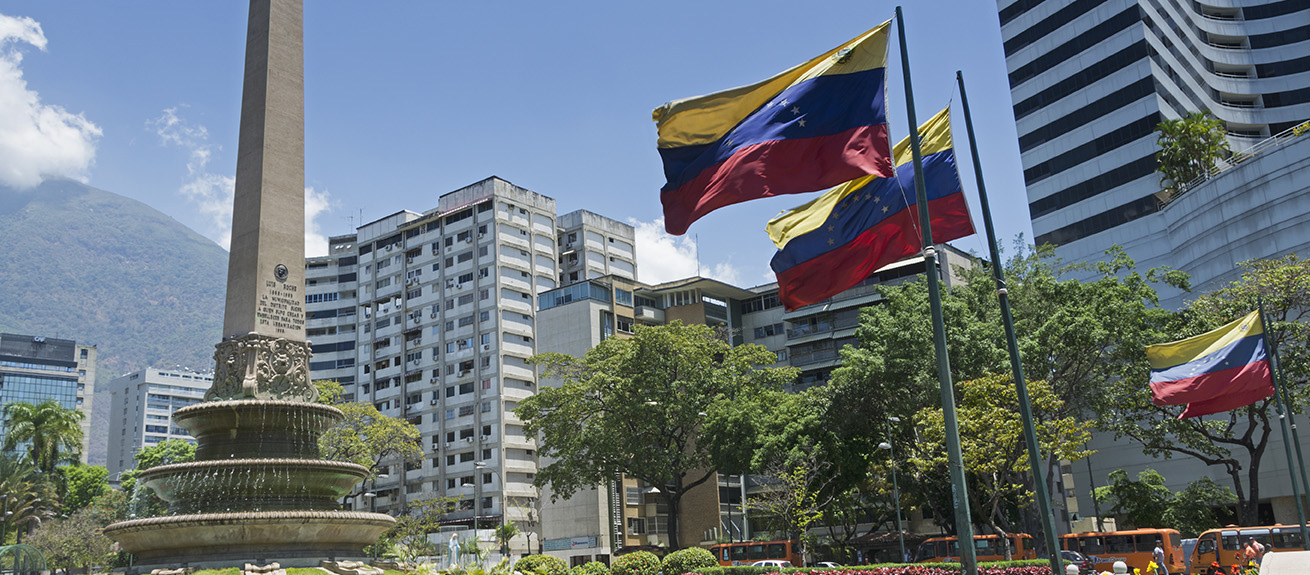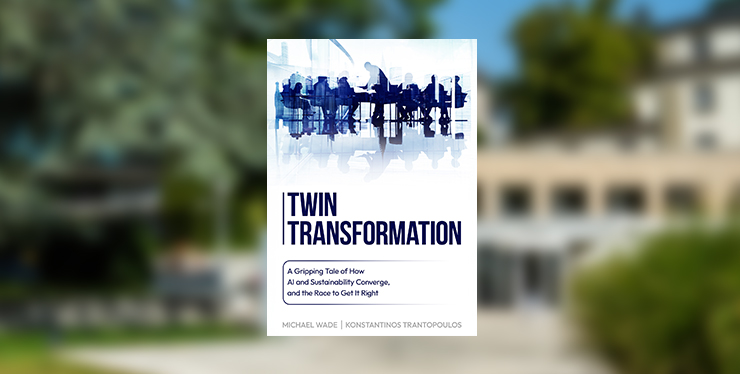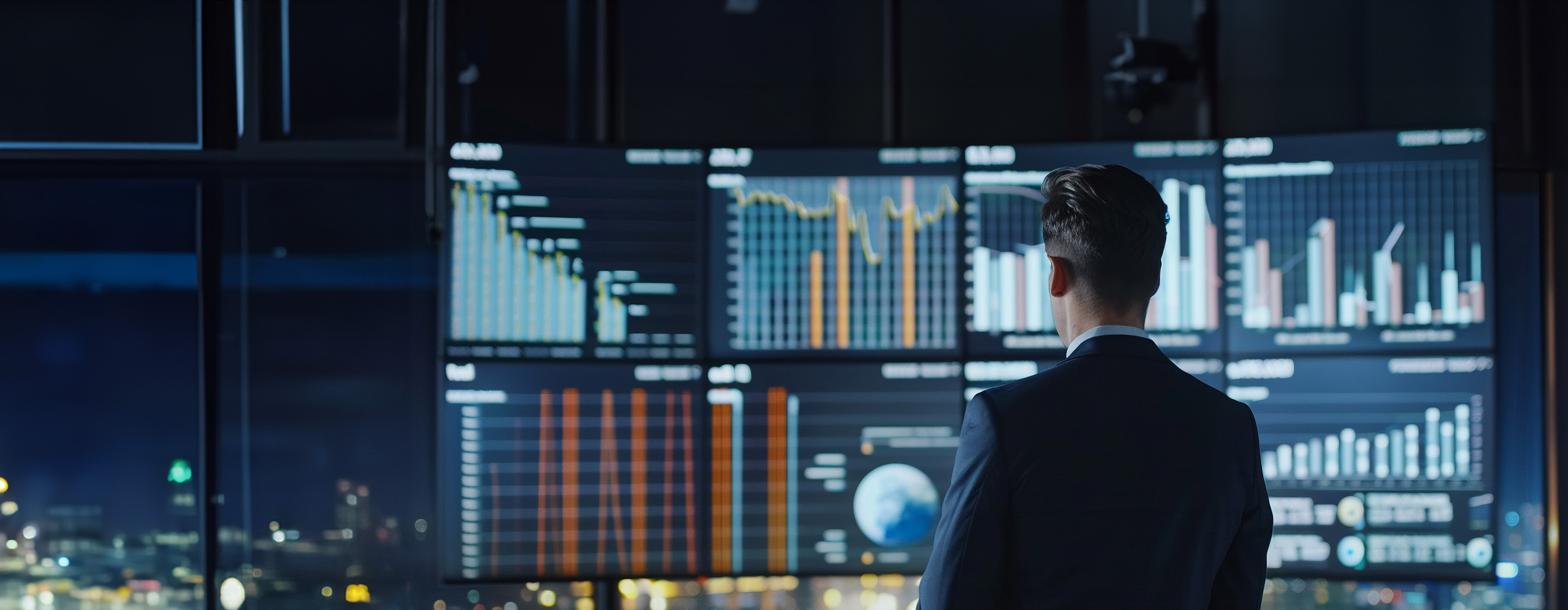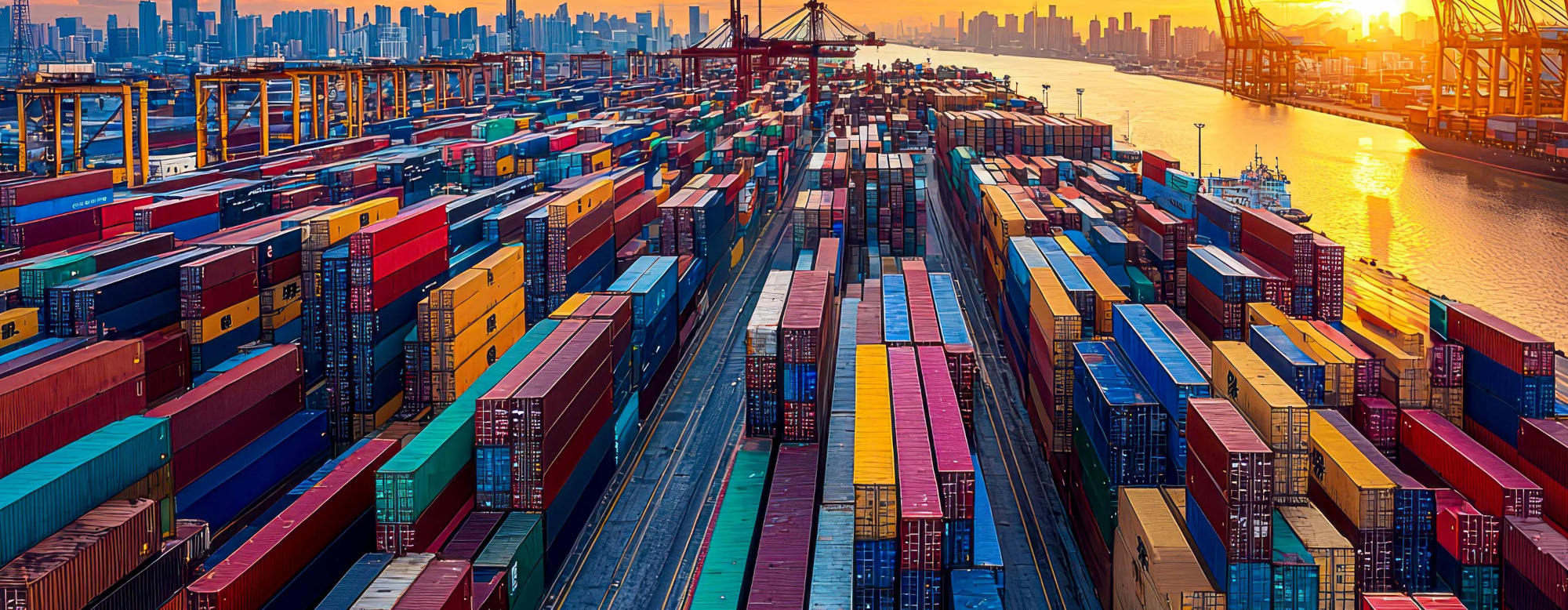
Venezuela: A Default in the Making
Venezuela is close to a sovereign default. The country’s reserves are being depleted and its debt obligations will make it technically insolvent before the end of the year—it must repay almost $13billion in debt maturities and interest. Even if it manages to face its short-term obligations, it is anticipated that by 2020 the country will be in default because it must face even larger repayments. It is perhaps better for the country’s economic recovery that it happens sooner rather than later.
In the IMD World Competitiveness Rankings, Venezuela ranks last. Its public sector is the least effective and its regulatory system has stalled out for years. The private sector has virtually ceased to exist, with its productivity at the lowest levels. The only element keeping it afloat is its massive oil reserves. By the end of 2017, however, some observers predict that the country’s oil production will fall by 20%. Analysts point out that the decline in production, and a parallel stagnation of investments, is the result of the extensive brain-drain experienced by the industry in recent years combined with the nationalization of related service companies and operators.
For an effective debt restructuring discussion, it is important to stress Venezuela’s dependency on oil. Oil revenues account for about 95% of export earnings and the oil and gas sector contributes about 25% of the country’s GDP. This dependency brings a high level of complexity to any restructuring negotiations.
Currently, Venezuela’s largest oil market is the United States. Reportedly, about 75% of Venezuela’s oil revenues originates from the sale of oil and by-products to the US. The country refines crude oil in the US through its subsidiary CITGO. Citgo’s refinery operations have a processing capacity of about 750,000 barrels per day. It produces over 600 types of lubricants, and in 2015 sold 15.5 billion gallons of refined products in the US. Venezuela’s National Oil Company (Petróleos de Venezuela, PDVSA) is as heavily indebted as the country itself. Restructuring PDVSA’s debt can be less harmful to the economy. In theory, to put it differently, PDVSA’s default could be easier to negotiate and less traumatic to the economy than the country’s sovereign default. There are, however, a series of complications.
The Argentinian experience may provide relevant lessons. In 2001, Argentina defaulted on its $82 billion in debt, and in 2005, proposed to its creditors a restructuring offer of about 60 cents on the dollar. Even though the process involved several complications, it ended up with a holdout by creditors controlling about 7% of the claims in US courts. If a reorganization plan is not approved by all creditors, the dissenting parties can bring up the case to court. The US bankruptcy law is extraterritorial, and applies to any company if the debt securities have been issued in the US.
Creditor dissent is a problem for default processes. Issuers therefore employ Collective Action Clauses (CACs) which foresee that, in case a certain majority of creditors (say 75%) accept a reorganization plan, the agreement can be extended to all creditors alike. In the Argentinian case, CACs did not exist for most debt instruments.
It is here where the complications of the Venezuelan case go beyond the Argentinian experience. While most of the sovereign bonds recently issued by Venezuela have CACs, PDVSA bonds, however, do not. Therefore an Argentinian-style holdout would be more likely, which could delay, if not make impossible, the restructuring.
Additionally, PDVSA, and therefore Venezuela, rely on the cash payments that originate from exports to the US. A default could force a US court to first stop, then restrict, and finally seize these payments to secure creditors’ rights. Ultimately, the Venezuelan economy would be in a state of “starvation.”
Observers indicate that to avoid this situation, it is likely that Venezuela will try to make sure that its restructuring strategy safeguards PDVSA operations from holdout bondholders by ensuring that they are unable to curb the company’s oil sales and thus hamper its cash flows. Whichever way Venezuela decides to attempt to prevent holdouts—for example, by declaring PDVSA in bankruptcy or delegating debt responsibility to a new/different obligor—will entail high risks.
If default occurs at the sovereign level, there is another important lesson from the Argentinian restructuring. According to officials involved in that process, Argentina offered bondholders a warrant linked to its future GDP growth. The warrant would enable creditors to receive additional payments if the country’s annual economic growth was above certain percentage. Ultimately, although originally perceived as worthless by investors, the warrant became extremely costly for Argentina—creditors received close to what they had obtained in new bonds or about 30% of the defaulted bonds’ face value.
Additionally, and unlike Argentina, Venezuela owns assets in the United States–the refining company CITGO. In 2014, Venezuela valued Citgo’s assets at about $10 billion. In case of default, those assets can be seized and turned over to creditors; that is, unless Venezuela sells those assets before it defaults. In this context, the recent visit of President Maduro to Russia in order to arrange a swap (cash against CITGO) with Rosneft can be easily understood.
In summary, it seems inevitable that Venezuela will default, which will lead the country to face a series of enormous challenges. On the one hand, the country must ensure that the process is smooth, makes international assistance possible, does not further damage the Venezuelan economy, and avoids holdouts in the US. From the recent movements by some of the country’s officials we can conclude that Venezuela has learned the lessons from the past. On the other hand, in any restructuring deal, Venezuela will be forced to develop a strict adjustment program that addresses the underlying causes of its economic problems, which would have to reassure creditors about the country’s recovery. The latter will most likely test the creditors’ trust in a largely unpopular administration.
Arturo Bris is Professor of Finance at IMD and directs the IMD World Competitiveness Center.
Research Information & Knowledge Hub for additional information on IMD publications
To understand America’s aggressive shift on trade, you must first grasp the silent, slow building, decades-long erosion of American middle-class prosperity. This shift began well before President Trump and will outlive him. It is rooted in the col...
The Great Trade Hack by Richard Baldwin explains how Trump’s 2025 tariff blitz wasn’t economic strategy. It was grievance politics. Tariffs, Baldwin shows, are political placebos that won’t fix the U.S. economy but could fracture the global trade ...
On 12 May 2025, China and the United States released a joint statement that ended the recent escalation in tariffs. For 90 days each agreed to lower their tariffs by 115%. This only applies to import taxes imposed since 2 April 2025—all prior tari...
This paper presents a compact and intuitive framework that consolidates, simplifies, and extends results on the links between technology, trade, and labour market outcomes. It makes three main contributions. First, it presents closed-form solution...
in Gensler, Gary (Ed.); Johnson, Simon (Ed.); Panizza Ugo (Ed.); Weder di Mauro, Beatrice (Ed.) / The Economic Consequences of The Second Trump Administration: A Preliminary Assessment, pp. 239-244 / PAris: CEPR Press, 2025
Research Information & Knowledge Hub for additional information on IMD publications
Published by International Institute for Management Development ©2025
Research Information & Knowledge Hub for additional information on IMD publications
Research Information & Knowledge Hub for additional information on IMD publications
in I by IMD
Research Information & Knowledge Hub for additional information on IMD publications
Research Information & Knowledge Hub for additional information on IMD publications
Research Information & Knowledge Hub for additional information on IMD publications
Research Information & Knowledge Hub for additional information on IMD publications
in Journal of International Economics May 2025, vol. 155, 104065, https://doi.org/10.1016/j.jinteco.2025.104065
Research Information & Knowledge Hub for additional information on IMD publications
in I by IMD
Research Information & Knowledge Hub for additional information on IMD publications
Research Information & Knowledge Hub for additional information on IMD publications






